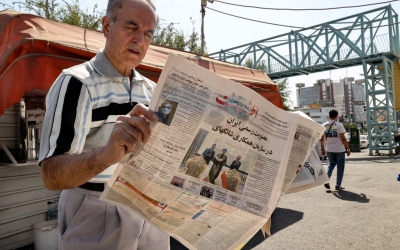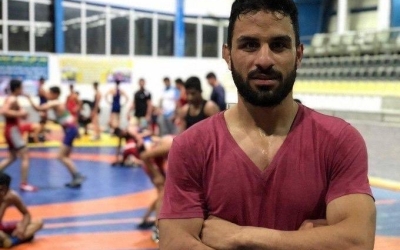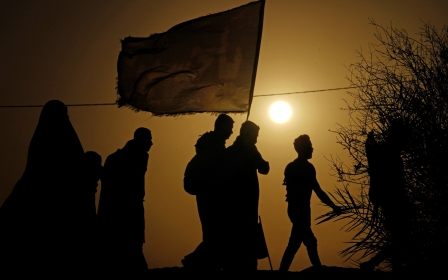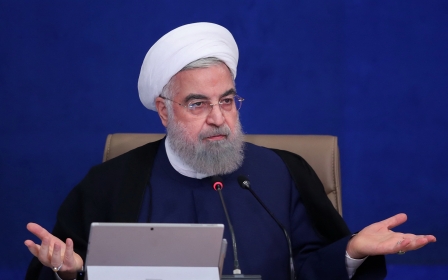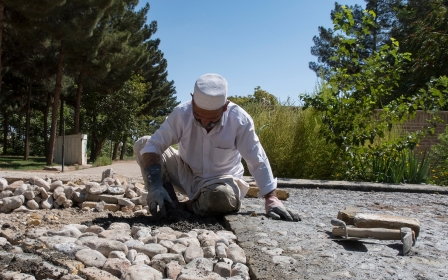Iranian press review: Khamenei calls for cyber 'jihad'
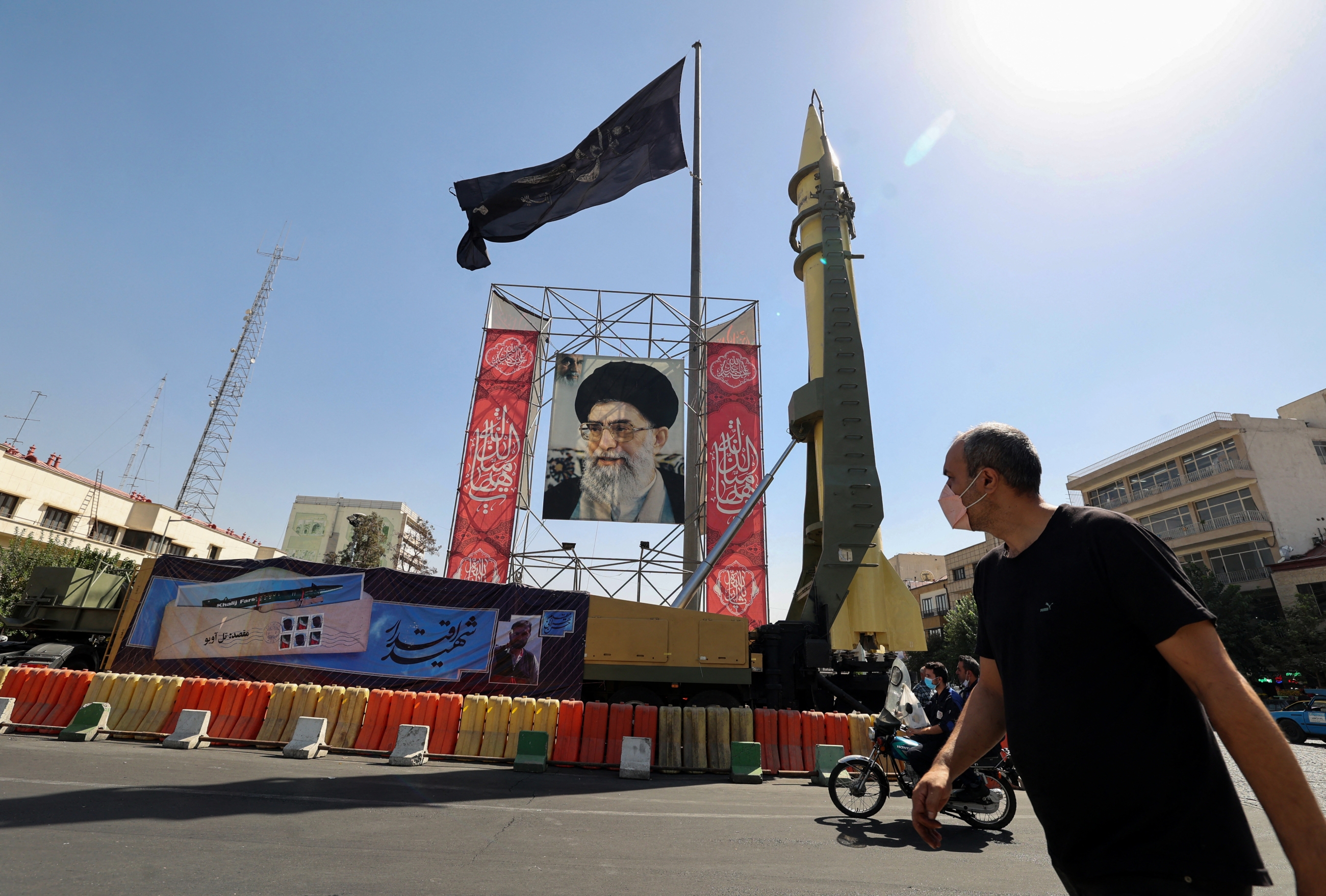
Khamenei's cyber 'jihad'
Iran's Supreme Leader Ayatollah Ali Khamenei has called on university students to use cyberspace and social media to neutralise what he referred to as "propaganda attacks by Iran's enemies", his official website reported.
"You, dear university students, by explaining the truth can disambiguate and enlighten those around yourself like a candle," he was quoted as saying in a video conference with university students on Monday.
Khamenei went on to call for a "jihad for explaining the truth".
"Nevertheless, the most fundamental principle in the jihad for explaining and retelling the truth is to acquire ethical methods and to answer the questions with logic and equanimity," he added.
According to Islamic law, when a religious leader calls for jihad, his followers must join him in the struggle.
Khamenei's call for cyber-jihad came after various high-ranking commanders at Iran's Islamic Revolutionary Guard Corps (IRGC) warned about an upcoming propaganda war.
On 5 September, the head of the IRGC paramilitary Basij organisation, Gholamreza Soleimani, said that Basij forces are paying new attention to analysing cyberspace and social media.
"We can confidently say that now the time of enemies' hit-and-run attacks has come to an end on cyberspace," he was quoted as saying by Mehr news agency.
Horror after death of prisoner who testified against security forces
On the week that marked the first anniversary of the national champion wrestler Navid Afkari's execution, Iranians were shocked by the sudden death of Shahin Naseri, a prisoner who had testified that security forces tortured Afkari.
On 23 September, Iran's Human Rights Activists News Agency (HRANA), reported that Naseri's dead body was handed to his family without any explanation as to the cause of death.
According to HRANA, before his death, prison guards kept Naseri in solitary confinement to prevent him from sending voice messages outside the prison regarding Afkari's execution.
Naseri’s death has sparked outrage among Iranians. "When a witness is killed, it means a crime had taken place that no one should be aware of," Mehdi Hajati, a former member of the City Council of Shiraz, wrote on Twitter.
"They've killed Shahin Naseri," wrote another Iranian social media user.
"The dirty security apparatus does not even pretend to obey the law, killing people recklessly. After the cowardly killing of Navid Afkari, they’ve now taken revenge on the person who testified about the tortures that the Afkari brothers faced."
Navid and his two brothers Vahid and Habib were arrested after the 2018 anti-government demonstrations. They were accused of killing a security officer, charges they denied.
While Navid was hanged, Habib and Vahid were sentenced to 27 and 25 years in prison, respectively, and have been kept in solitary confinement since September 2020.
Zaghari-Ratcliffe 'not important' to UK
The fate of a British-Iranian aid worker has returned to the centre of public debate in Iran, with some analysts suggesting that she is not important enough to the UK to force it to pay off its £400m ($550m) debt to Iran.
"For London, Nazanin Zaghari-Ratcliffe is just a citizen with dual nationality, and nothing more than that," Iranian international affairs academic Mohammad Ali Basiri told the Aftab daily, comparing her case to that of Chinese businesswoman Meng Wanzhou, Huawei's chief financial officer, who was freed last week by Canadian authorities.
"It seems that Mrs Zaghari does not hold any importance to the UK, and that's why they have not yet paid back their debt to Iran over the Chieftain tanks," Basiri added.
The British debt dates to before the 1979 revolution, when the Shah bought the Chieftain tanks from the UK. However, after the revolution, London neither delivered the tanks nor paid back the money.
Many believe that the 2016 arrest of Zaghari-Ratcliffe in Iran was a move to pressure London to pay off its debt. She has spent four years in Tehran's notorious Evin prison on charges of espionage, which she has always denied.
The aid worker is now serving the second of her two sentences on parole. She is banned from leaving the country and is awaiting the verdict of an appeal court where she’s facing charges of "propaganda against the system".
Warnings of a new Covid-19 wave
The return of Iranian Arbaeen pilgrims from Iraq has raised concerns over a new wave of Covid-19 in Iran, which has just passed its fifth wave of the pandemic.
Malek Fazeli, a member of the Iranian parliament's health commission and an ophthalmologist, told ISNA news agency that allowing Iranians to travel to Iraq - to mark the end of the 40-day mourning period for the Prophet Mohammed's grandson Imam Hussein - was an "irreparable mistake".
"We have pushed ourselves into the sixth wave of the pandemic, with our own hands," he was quoted as saying.
Before the pandemic, millions of Iranians participated each year in Arbaeen religious ceremonies in Iraq, but this year, due to restrictions, just over 80,000 Iranians travelled to the Iraqi cities of Najaf and Karbala.
Photos and videos published of the pilgrims' not following health protocols for Covid-19 have become the main source of concern for health experts.
Last week, a video went viral on Persian media showing pilgrims travelling in a military aircraft to Iraq without implementing social distancing and some without face masks.
Moreover, Minister of Roads and Urban Development Rostam Ghasemi told local media that having a negative PCR test was not obligatory for the returning pilgrims, and the officials would test the pilgrims by "observing them".
*Iranian press review is a digest of news reports not independently verified as accurate by Middle East Eye
Middle East Eye propose une couverture et une analyse indépendantes et incomparables du Moyen-Orient, de l’Afrique du Nord et d’autres régions du monde. Pour en savoir plus sur la reprise de ce contenu et les frais qui s’appliquent, veuillez remplir ce formulaire [en anglais]. Pour en savoir plus sur MEE, cliquez ici [en anglais].


